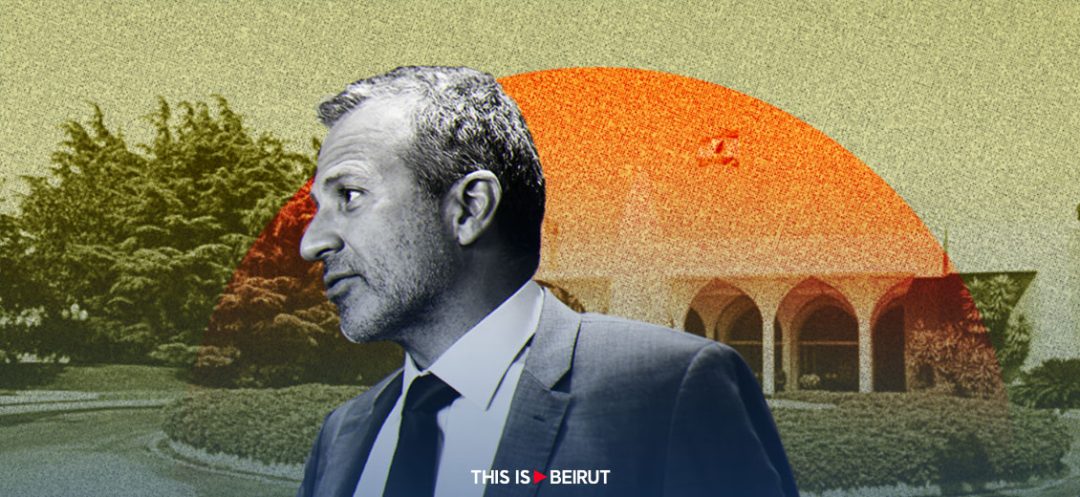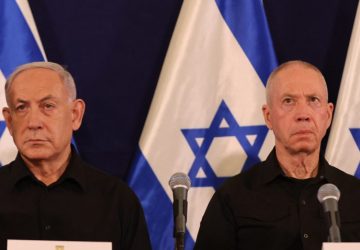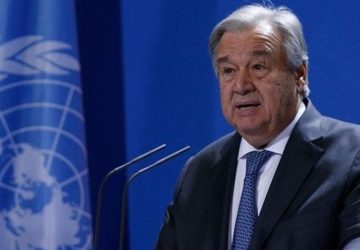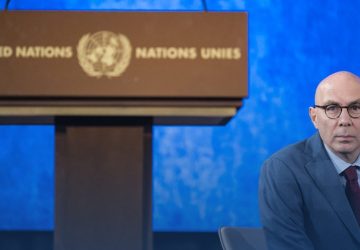Listen to the article
Free Patriotic Movement (FPM) chief Gebran Bassil is presently equidistant from all political forces, even from Hezbollah (supposedly his Mar Mikhael Agreement ally). This position is the result of the blow he suffered from his closest allies when it came to extending the tenure of the Army Commander-in-Chief. As such, the prolongation of General Joseph Aoun’s mandate has opened a door that Bassil would have rather seen permanently shut.
In fact, with Aoun’s mandate extended by one year, Bassil’s staunch rival’s access to the presidency could be back on the table. Consequently, the Batroun MP is meticulously examining the current phase, delving into the nature of the political dynamics that led to Joseph Aoun’s prolonged tenure. The FPM head fears that this scenario will be repeated through the election of the Army Commander as president.
The possibility of electing Joseph Aoun to the top post could severely undermine Bassil’s standing and sweep away whatever is left of his popularity, as indicated by opinion polls, as a significant segment of public opinion is increasingly favorable to the Army Commander. Bassil has launched a shameful campaign against Aoun, one that has failed, since all his accusations were unfounded and merely selfish attempts to stain Aoun’s impeccable image and untarnished reputation.
Bassil believes that the extension of Aoun’s mandate is the result of a political rapprochement between Parliament Speaker Nabih Berri, Bkerke (the Maronite Patriarch), the Lebanese Forces (LF), the Progressive Socialist Party (PSP) and Hezbollah, who supported Berri’s initiative and that of Dar al-Fatwa (the Sunni Mufti).
Berri’s initiative also provided for the extension of Imad Othman’s mandate as Director-General of the Internal Security Forces (ISF). This rapprochement over Joseph Aoun paved the way for an alliance grouping Berri, Walid Jumblatt, Samir Geagea and Dar al-Fatwa to reach a consensus on a presidential candidate. Hezbollah is believed to be the driving force behind this alliance. Hezbollah’s ally, Berri, who is renowned for his legendary shrewdness, would try to secure the Shiite party’s conditions, mainly the guarantees for its armed wing.
Most importantly, the extension of Othman’s mandate has restored communication between Berri and the Lebanese Forces: the Vice President of the LF’s Executive Committee, MP Georges Adwan, was tasked with communicating with Berri via the latter’s advisor Ali Hamdan. In parallel, low-key meetings took place between Berri and Adwan. Nonetheless, the four-way alliance and its ultimate objective of electing a head of state, be it Marada leader Sleiman Frangieh or Joseph Aoun, remains uncertain.
Against this political backdrop, Bassil is keeping a close eye on unfolding developments. If efforts to reach a consensus on a neutral third candidate falter, or should General Aoun’s candidacy gain momentum, Bassil would promptly intervene. He would thwart Joseph Aoun’s chances by endorsing the Marada leader and blocking the arrival of a third candidate that could potentially be aligned with either the LF or the opposition. In brief, Bassil would go out of his way to obstruct Aoun’s accession to the presidency.
In the event of such complications, Hezbollah’s role will be pivotal. The pro-Iranian party would then welcome Bassil in the southern suburbs with open arms and arrange for a meeting between him and Frangieh to finalize a deal, under which the FPM would provide Maronite support for Frangieh’s election, a maneuver that Bkerke will be unable to oppose.
If the potential agreement between Bassil and Frangieh, under the sponsorship of Hezbollah, takes shape, it will be orchestrated through the “maestro” Nabih Berri. This deal is expected to encompass intricate details, including Bassil’s involvement in the presidential mandate and a share in the future government and administration by dividing key Christian positions between himself and Frangieh.
That way, Bassil could strengthen his political standing and also prepare to ultimately take over the presidency after Frangieh, which could be facilitated by Hezbollah. Under such a scenario, Bassil could even supplant Samir Geagea in the quadripartite alliance. If the Bassil-Frangieh agreement gets underway, the required quorum for the Parliament session and Frangieh’s election with 65 votes could be secured, provided no external developments stand in the way.
Sources closely associated with one of the presidential candidates underline the regional circumstances surrounding the election, such as the balance of powers, the outcomes of the Gaza war and the post-war period, including Israel’s willingness to accept a two-state solution.
In the meantime, behind-the-scene contacts between Berri and Druze leader Walid Jumblatt to establish the four-way alliance are taking place. According to sources, Berri is keen to preserve his close relationship with Jumblatt, especially in these critical times, and both men might jointly opt for Bassil or Frangieh as their Christian ally.
In parallel, Geagea’s stance over the presidential election also seems promising, given his political alignment with Bkerke and his broad external relations, especially with Saudi Arabia. Some sources suggest that for many reasons, Aoun’s chances of becoming the next president are significant.
Joseph Aoun’s rise to power would neither constitute a victory nor a challenge to any party but would reinforce institutional roles. Aoun could strategically maneuver his way with Hezbollah, which would help Lebanon’s recovery.





